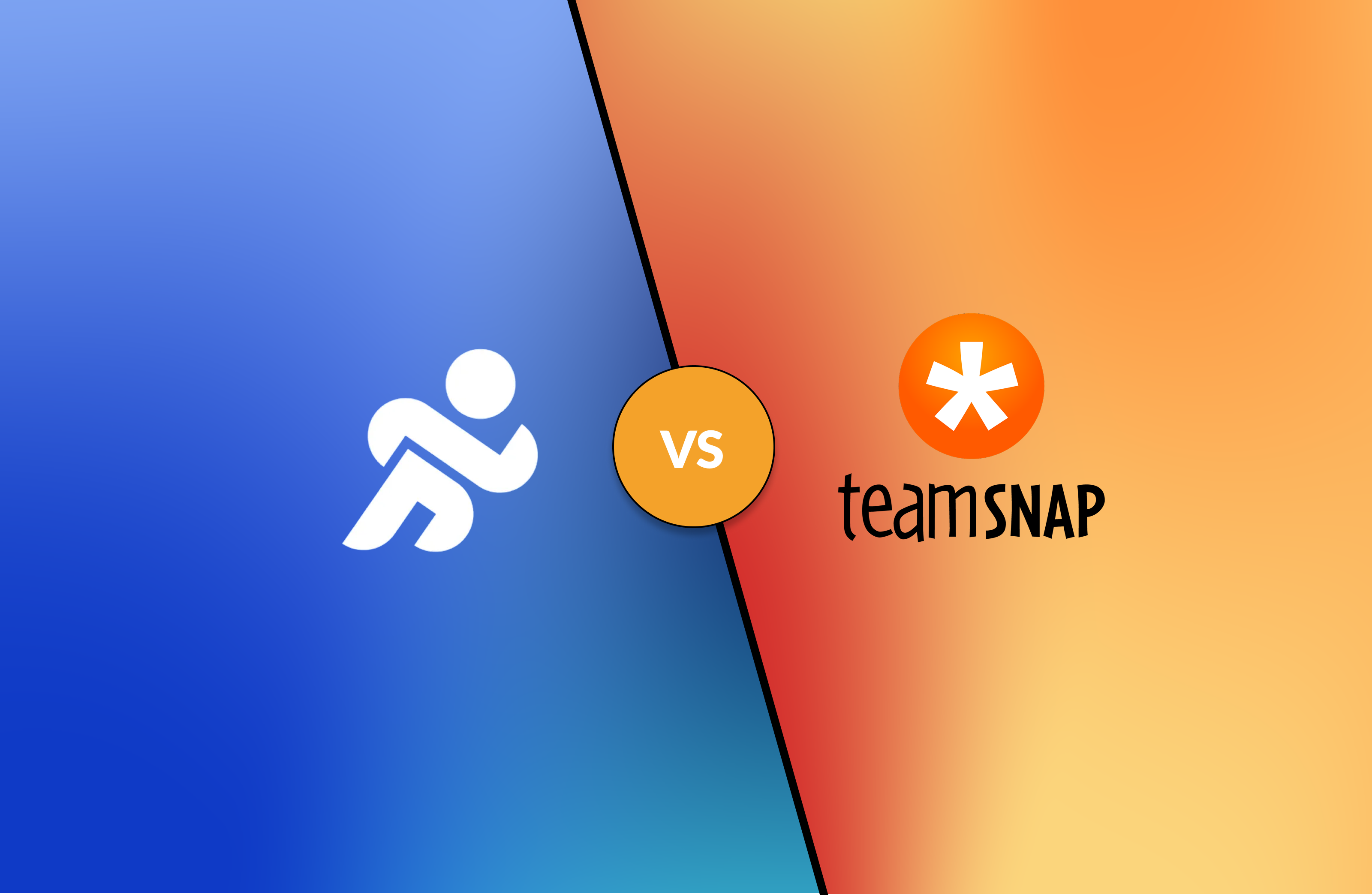How are team sports and work similar?

Like corporate work, team sport is governed by rules, with each person playing a specific role according to his or her particular strengths and skills. Each individual must be able to trust his or her team-mates, to learn to work towards a common goal.
The boss and the manager
Every sports team has goals: to reach the final, to win a championship, to achieve a specific ranking, and so on. These goals are dictated by the manager or coach, i.e. by a leader who knows how to lead the team to victory by giving it the best possible tools. The role of the boss of a company is similar; in fact, being a boss means more than just directing! You also need to know how to guide your employees to success, through constructive criticism and the right resources.
A good boss or coach knows how to recognize the strengths and weaknesses of each individual and assign tasks accordingly, in order to get the most out of them.
Together towards a goal
The objectives set by the coach or manager of a sports team cannot be achieved without hard work on the part of the athletes, but above all, without team spirit. Everyone learns to know each other, to work together towards a common goal, making the most of their team-mates’ strengths and trusting them.
The way a team works is the same in business. Each member needs to know his or her role, and prioritize the achievement of common goals over his or her own.
Group activities
There’s a good reason why many companies offering team-building activities are turning to team sports. Indeed, this kind of activity consolidates bonds between employees while offering a stimulating physical challenge that motivates them to surpass themselves in the company of their colleagues. It’s an excellent way of developing team spirit, mutual support and trust in a fun, friendly environment.
Some companies will set up softball, soccer, field hockey or flag soccer teams to play friendly matches over the weekend or lunch hour. Professional associations sometimes have their own friendly league, pitting teams from different companies against each other, to add a competitive edge. Colleagues get out of the formal context and get together to have fun, while strengthening the bonds that unite them, which will certainly be reflected in their work.
Karl Demers




Social aspects
There’s nothing like getting away from the “9 to 5” context to get to know your colleagues better. Why not choose a different activity from the famous 5 à 7 and organize a friendly game before meeting up at the bar to celebrate?
The important thing is to strengthen ties and have fun together. When the time comes to work towards a daring goal, be it sporting or professional, everyone will know they can trust their colleagues and support each other in the race to success.